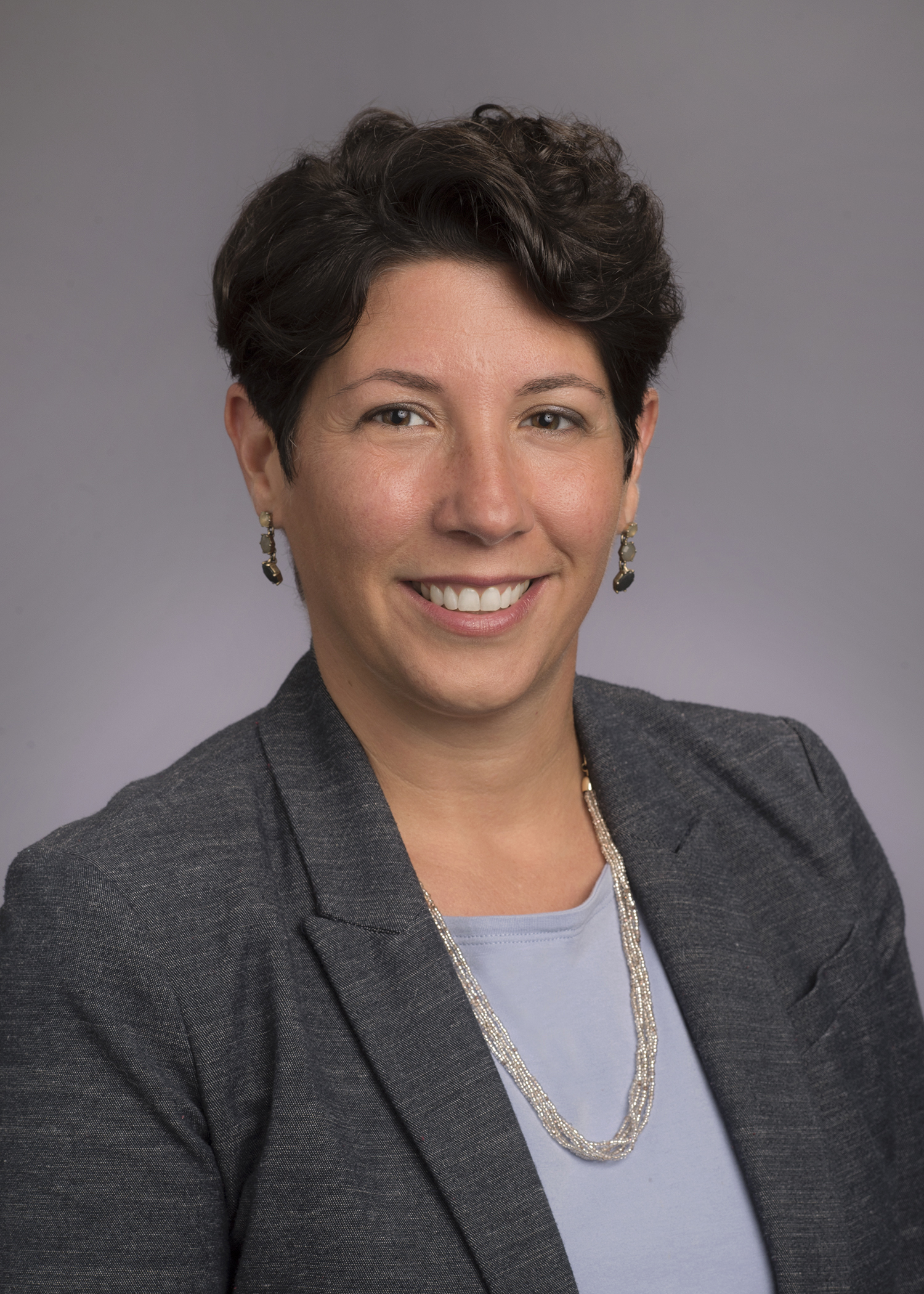September 9, 2024 | 12:00-1:30 PM ET | 1.5 CE Credits
Providing Patient Feedback: The Good, the Bad, and the Ugly
 Presented By:
Presented By:
Suzanne Penna, PhD ABPP-CN
Associate Professor and Division Director
Rehabilitation Neuropsychology
Department of Rehabilitation Medicine
Emory University School of Medicine
Giving patients feedback regarding their neuropsychological assessment results can be a challenge to trainees and professionals alike. The goal of this webinar is to discuss various methods of giving feedback, how to provide information in a way that is useful and relevant to the patient and their care team, and to highlight examples of particularly challenging feedback scenarios.
Learning Objectives:
After the webinar, participants will be able to:
1. Describe ways to present information in a way that is clear to understand and relevant to the patient and care team.
2. Develop strategies to increase relevance of patient findings to their daily life.
3. Manage challenging situations in feedback (e.g. giving a difficult diagnosis, managing family dynamics)
Target Audience: doctoral level, internship, and fellowship students in clinical neuropsychology as well as early career faculty
Instructional Level: Introductory
Suzanne Penna, PhD, ABPP/CN, Associate Professor, Department of Rehabilitation Medicine, and Director, Division of Neuropsychology and Behavioral Health within the Department of Rehabilitation Medicine. Dr. Penna received her PhD degree in 2005 from Georgia State University. Her interests are in recovery from traumatic brain injury and neuropsychological functioning in medical conditions, notably neuroendocrine disorders and HIV. She is actively involved in teaching and training at the local and national level, and is the current President of the Association of Internship Training in Clinical Neuropsychology (AITCN), Treasurer of the Association of Postdoctoral Programs in Clinical Neuropsychology, and is a Steering Committee Member of the Minnesota Update Conference.
NAN members login and non-members create an account to:
